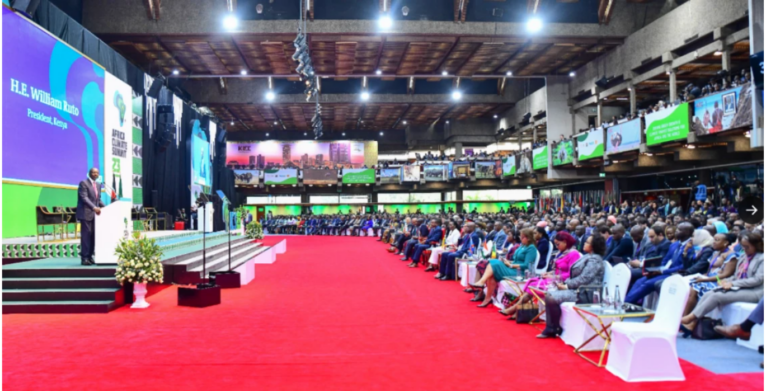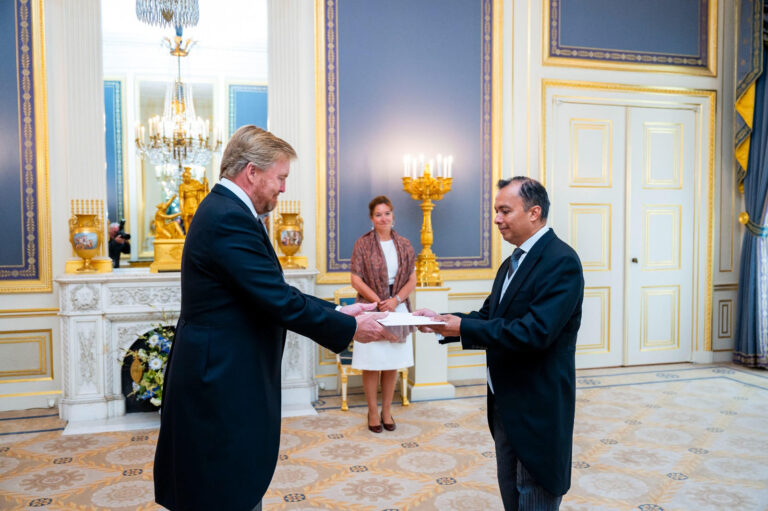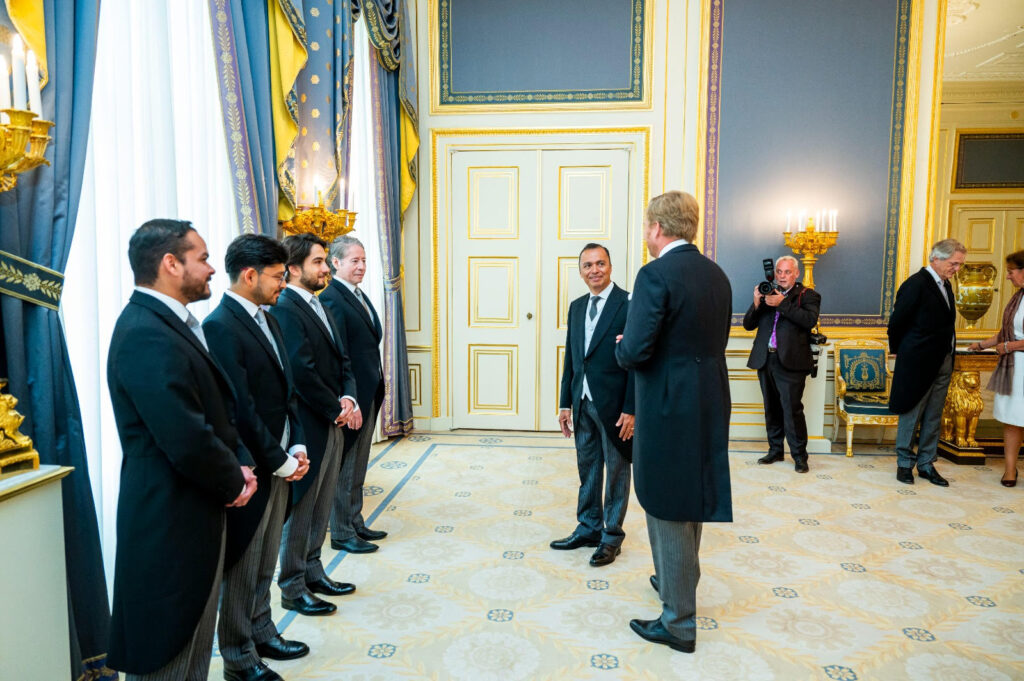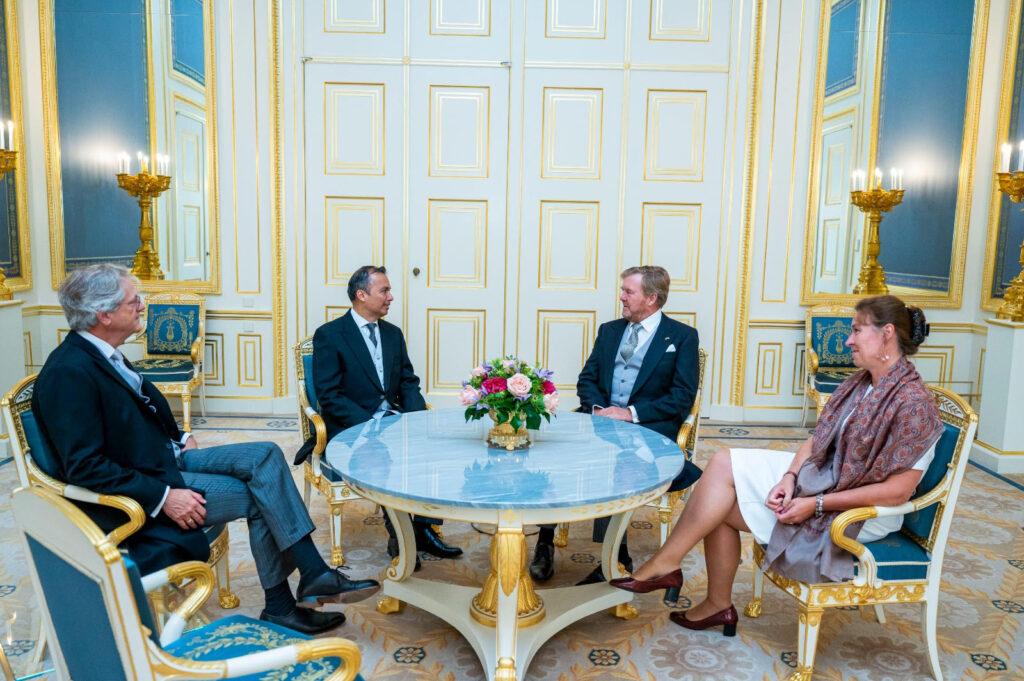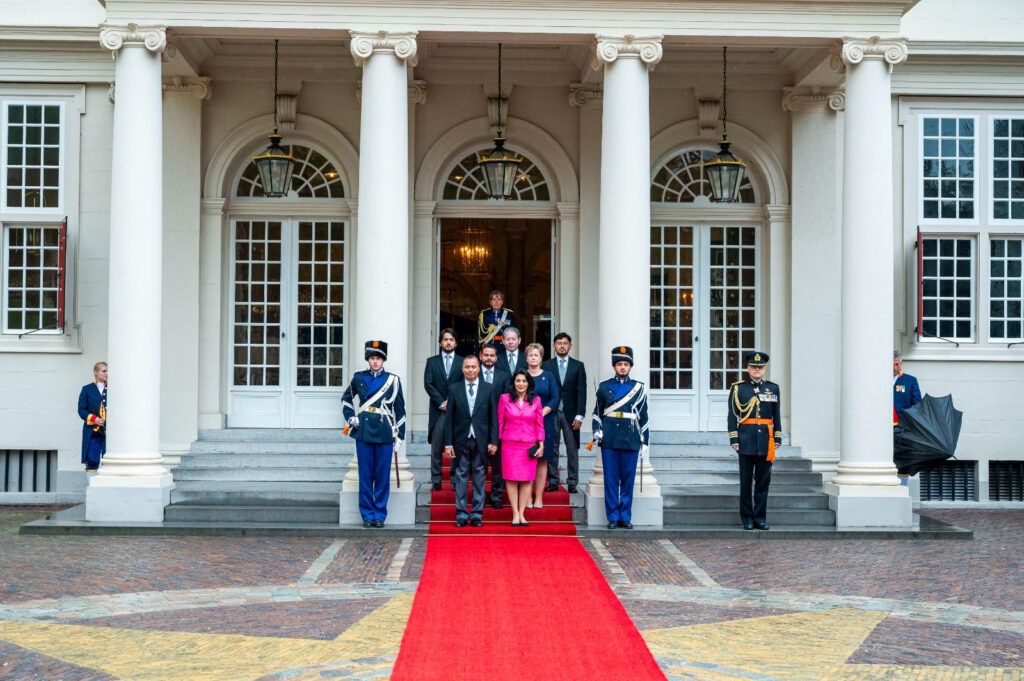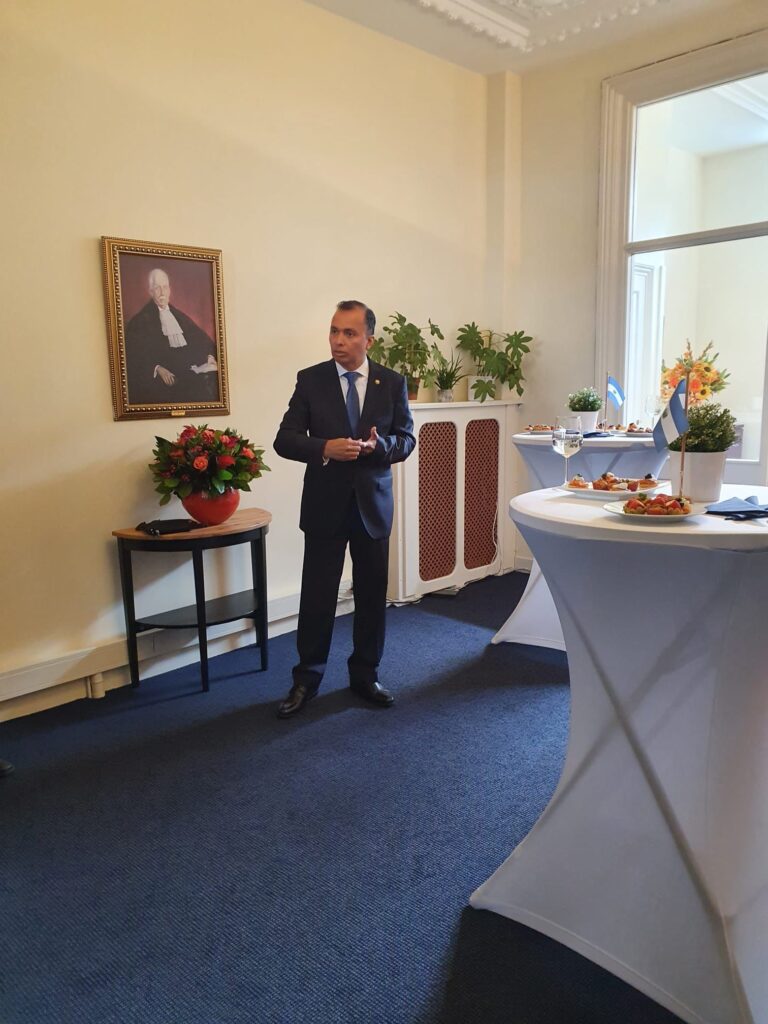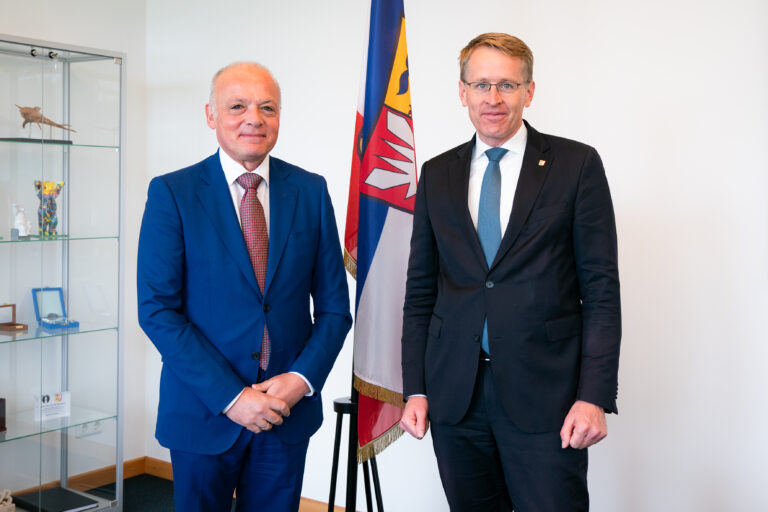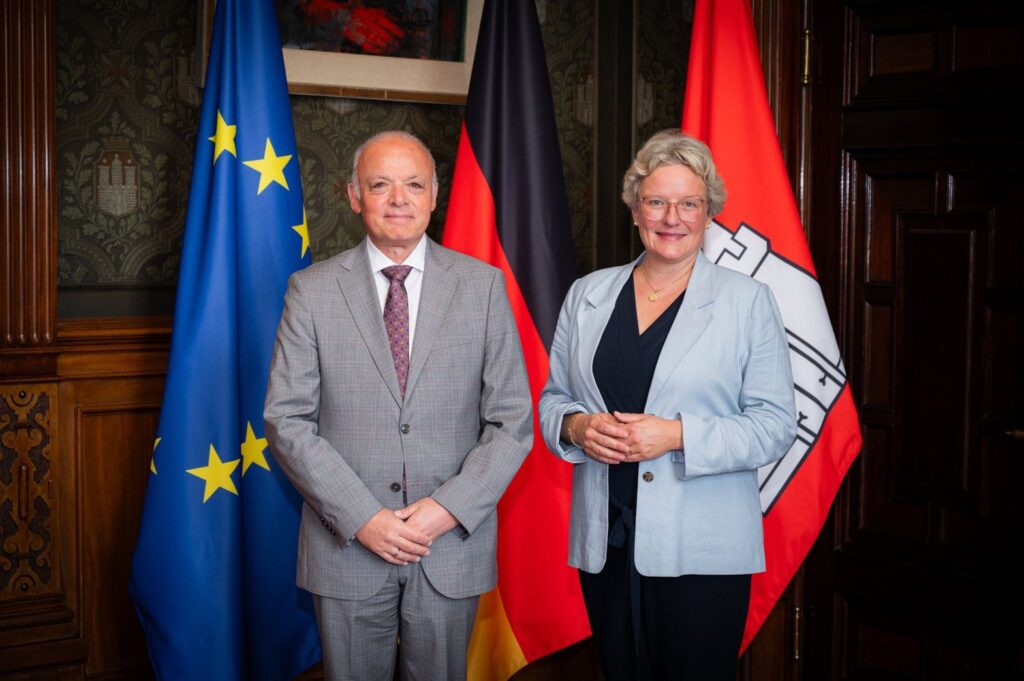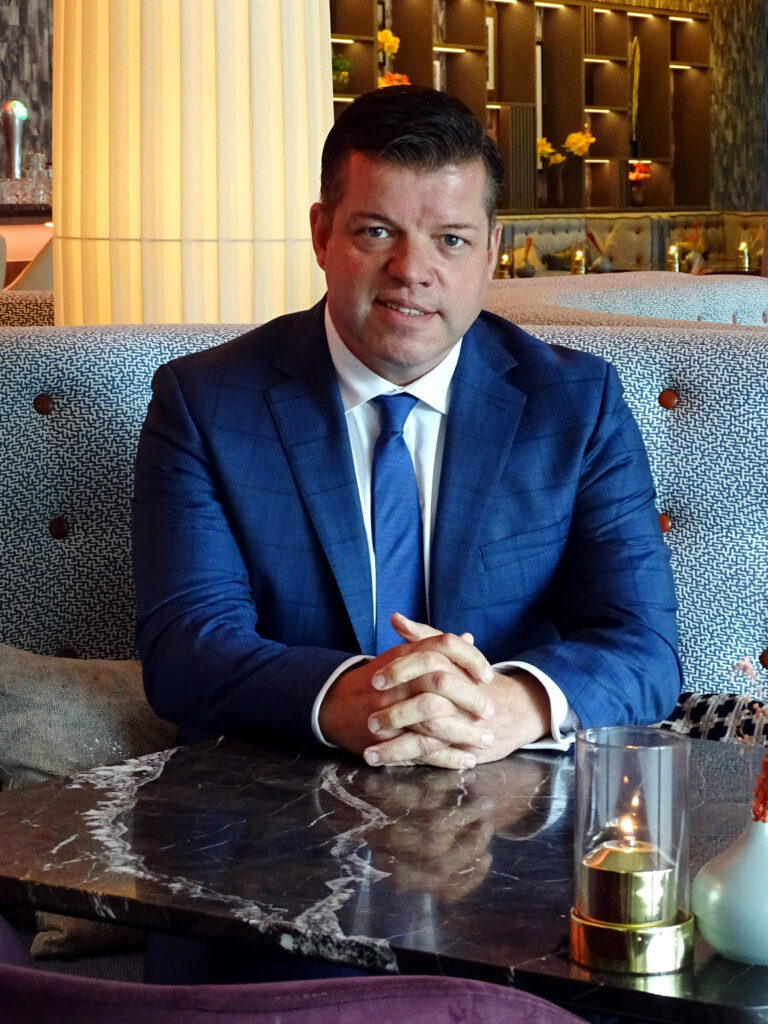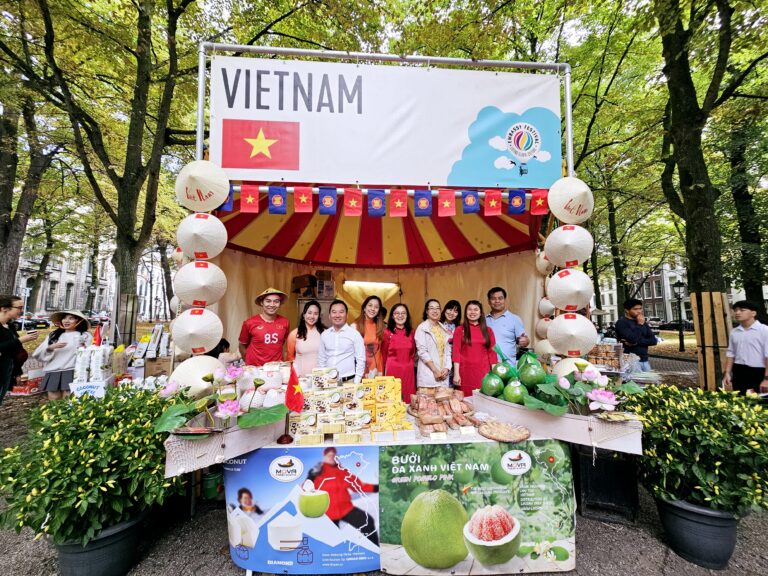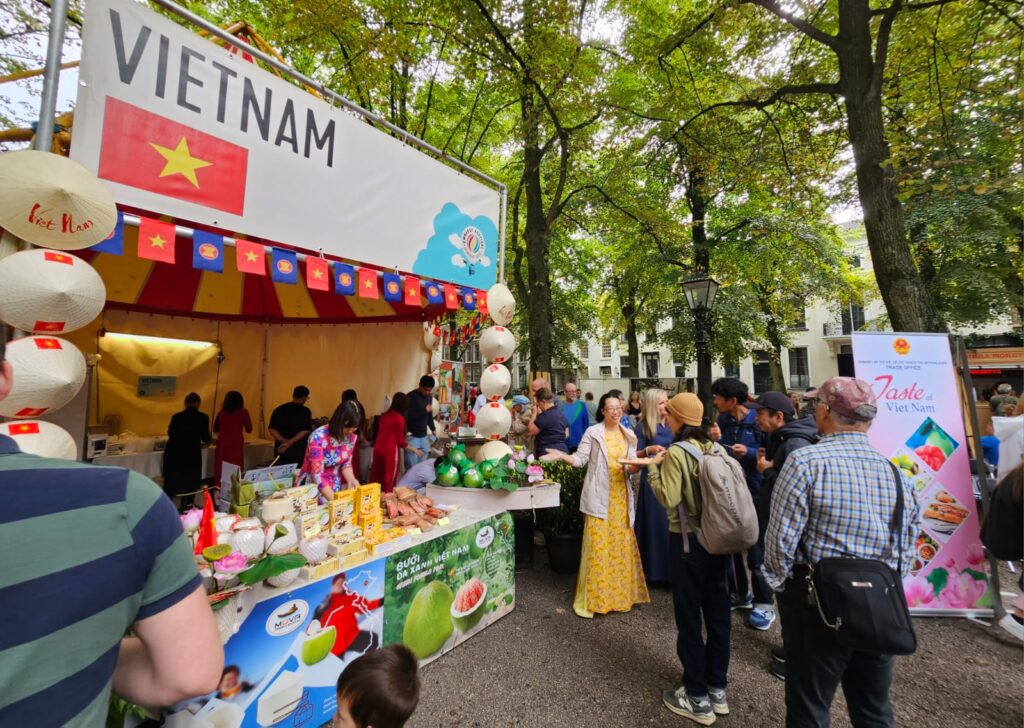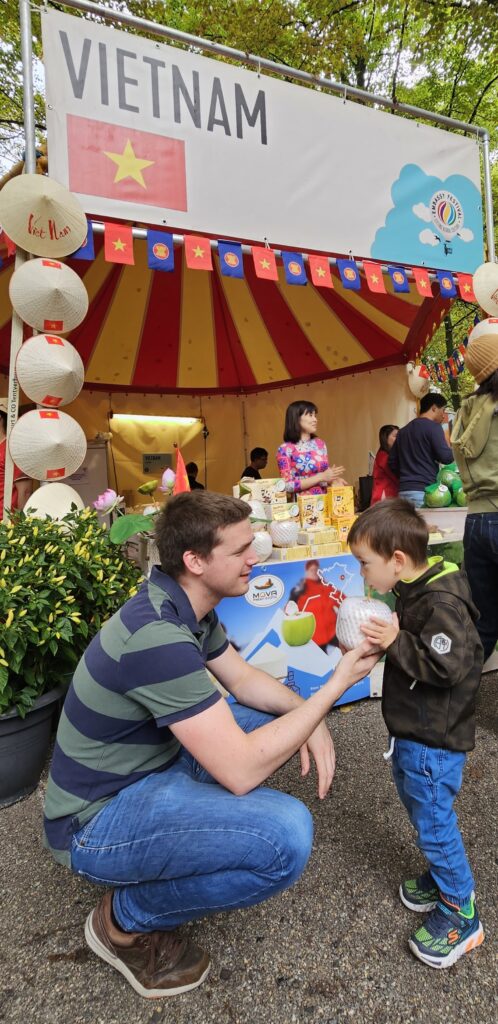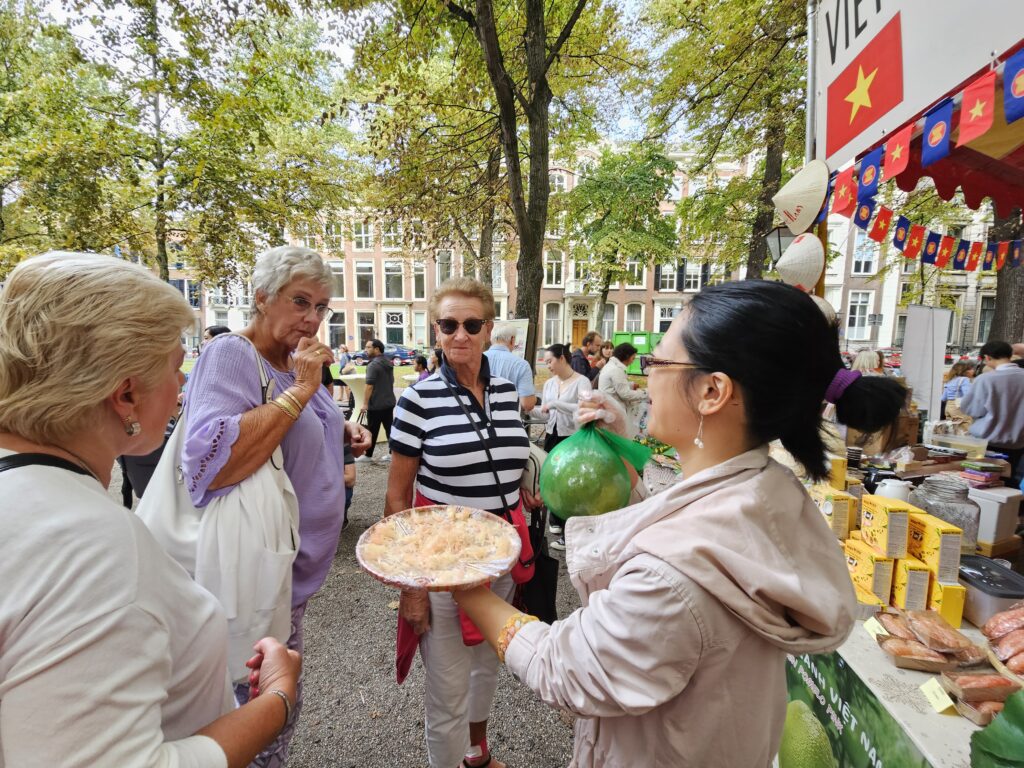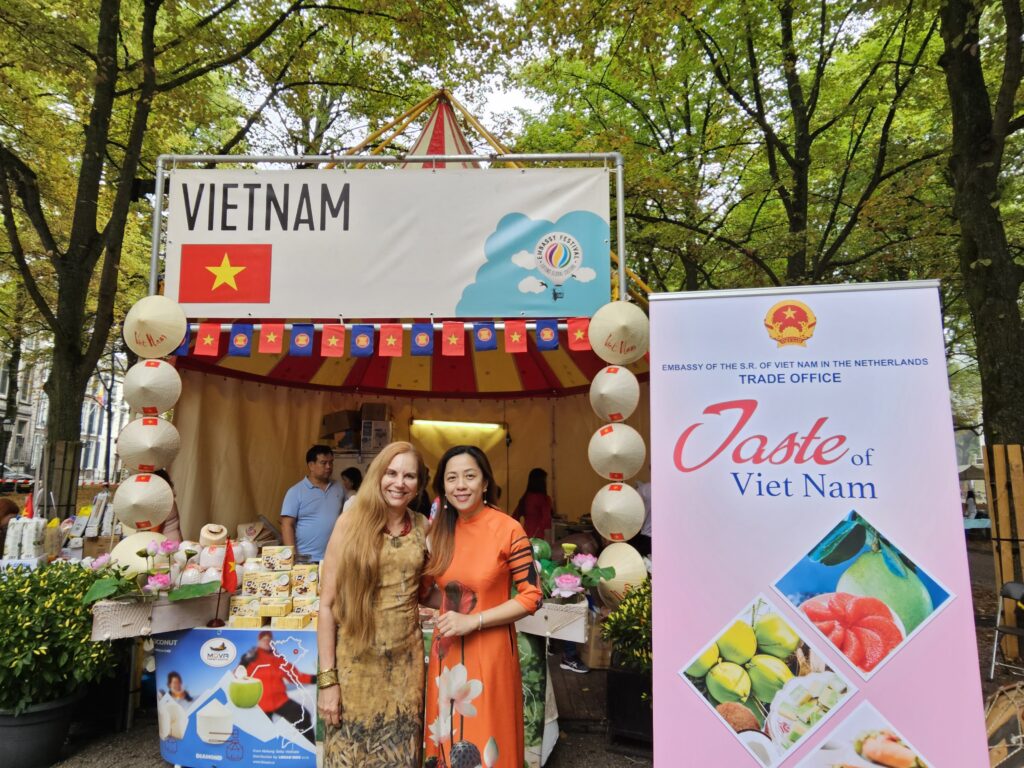By Paul Russell
After nine years, it is finally clear to whom the Crimean treasures should go. According to the Supreme Court of the Netherlands, they should go to the state of Ukraine, the owner and custodian of the archeological objects that were on loan to the Allard Pierson Museum in Amsterdam in 2014. How did the Supreme Court reach its verdict?
The Supreme Court ruled on the Crimea gold three months earlier than announced. It leaves intact the Amsterdam Court of Appeal’s ruling that the Crimean treasures should be given to Ukraine. This ends the legal battle between four museums in Crimea and the state of Ukraine over who owns the archeological objects after nine years. With this ruling, the Supreme Court follows the opinion of Advocate General P. Vlas, which we wrote about earlier.
The Crimean gold
The legal battle over the Crimean treasures started when Russia occupied the Ukrainian peninsula of Crimea in 2014. At the same time, the Allard Pierson Museum hosted the exhibition “Crimea – Gold and Secrets from the Black Sea” which included objects on loan from four museums in Crimea.
The question was where should those objects be returned to after the exhibition: to the museums in Russia-controlled Crimea or to Ukraine? The museums argued that, according to the agreement, the loans had to go back to the lender, i.e. to them. Ukraine claimed the objects as cultural heritage of the state of Ukraine and argued that the museums were only custodians, a custodianship that, moreover had been temporarily taken away from them. The Allard Pierson Museum therefore kept the objects for the time being.
Both Ukraine and the lending museums claimed surrender of the objects. The Amsterdam District Court assigned the objects to Ukraine. They were Ukraine’s cultural heritage and because they had been illegally exported – because not returned on time – the state could claim restitution. On appeal, the Amsterdam Court of Appeal also assigned the objects to Ukraine, albeit for different reasons. The museums in Crimea did not own the objects, but only managed this cultural heritage of Ukraine. And that management had been taken away from them by an order of the Ukrainian government.
Objections by museums in Crimea
The museums in Crimea the appealed the Amsterdam Court of Appeal’s decision. This was their last chance to still get the objects. To this end, they raised a large number of objections. Of these, the Supreme Court only addressed the one concerning the status of the order by which Ukraine took away from the museums the management of Ukrainian property on loan.
According to the museums, a fundamental right as the right in rem of operational management cannot be removed on the basis of a temporary measure. After all, the first article of the first protocol to the European Convention on Human Rights (ECHR) protects the right to undisturbed enjoyment of property even for legal persons. The museums also argued that under the rules governing private international law, the order is not a rule that takes precedence over their rights.
Supreme Court Ruling on Crimean Gold
No infringement of property rights
The Supreme Court makes short work of both points in the ruling. According to the article cited by the museum, the right of ownership is not unlimited. In particular, states may intervene in it, for example in the public interest or for levying taxes. That the court considers that Ukraine’s order meets the conditions for such intervention is also sufficiently reasoned.
Cultural property management order is mandatory law
On the question of whether the order has the status of mandatory law, the Supreme Court indicates that this partly requires a substantive assessment of Ukrainian law, for which it does not have jurisdiction. However, the Supreme Court can assess whether the Amsterdam District Court took the right steps to reach the opinion that the order is mandatory law. It did. Therefore, the order outweighs the agreements in the loan agreements, which state that the objects must be returned to the museums in Crimea.
Other contentions of the museums are not addressed by the Supreme Court, either because they concern the interpretation of Ukrainian law – which the Supreme Court is therefore not entitled to give an opinion on – or because the Supreme Court considers that the complaints in question are not “relevant to the unity or development of the law”.
No ruling on illegal export
As the judgment is upheld, the Supreme Court also does not need to address Ukraine’s incidental cassation appeal. This is particularly unfortunate because it argued that the Allard Pierson Museum had illegally exported protected cultural goods because it had not returned the loans in time, as the Amsterdam District Court had previously ruled. This would make the procedure for returning them subject to the Heritage Act and simpler for the lending state.
How to continue?
Now the Allard Pierson Museum has clarity to whom it must return the treasures, namely to Ukraine. Both the Amsterdam District Court and the Amsterdam Court of Appeal have ruled that Ukraine must pay the Allard Pierson Museum the costs of storage and insurance. At the end of 2016 – after two years – this was already over € 110,000. Given the situation in Ukraine, we can imagine that the state currently prefers to spend the money on other priorities. Perhaps the Dutch government could make a nice gesture here?
Art lawyer
Do you have any questions about art and law, such as art lending, or buying and selling paintings and sculptures? Or would you like to submit to us an issue about the authenticity or ownership of a work of art? We will be happy to help you with any question about art. Please contact us: info@russell.nl


